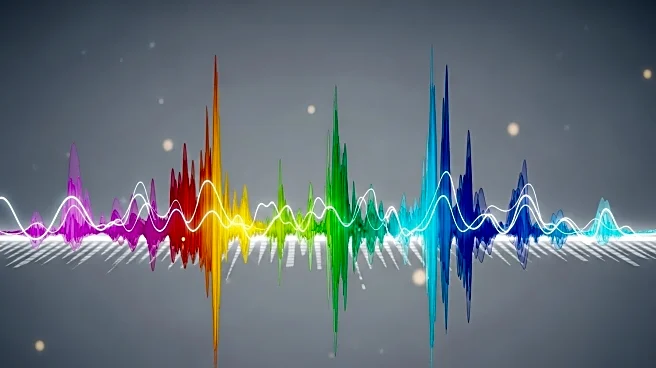What is the story about?
What's Happening?
Spotify has announced the removal of over 75 million AI-generated music tracks from its platform over the past year. This action is part of the company's efforts to address the unauthorized use of AI in generating music that impersonates artists without their consent. Spotify is enhancing its enforcement against impersonation violations and has introduced a new spam filtering system. The company is also collaborating with partners to label tracks that incorporate AI, aiming to provide greater transparency to listeners. This move comes amid a broader industry challenge of managing the surge in AI-generated content, which has been both embraced and criticized by creators.
Why It's Important?
The removal of AI-generated tracks by Spotify highlights the growing tension between technological advancements and intellectual property rights in the music industry. As AI tools become more sophisticated, they pose a threat to artists' control over their work and the integrity of their creative output. This development is significant for artists, record labels, and streaming platforms, as it underscores the need for clear policies and protections against unauthorized use of AI. The decision by Spotify could set a precedent for how other platforms handle AI-generated content, impacting the future of music distribution and the rights of creators.
What's Next?
Spotify plans to continue refining its systems to better identify and manage AI-generated content. The company will only allow vocal impersonation if authorized by the artist and aims to reduce the review time for content mismatches. As AI technology evolves, the challenge of policing AI-generated content is expected to grow, prompting further actions from Spotify and potentially influencing industry-wide standards. Stakeholders, including artists and tech companies, may need to collaborate on developing frameworks that balance innovation with the protection of creative rights.

















